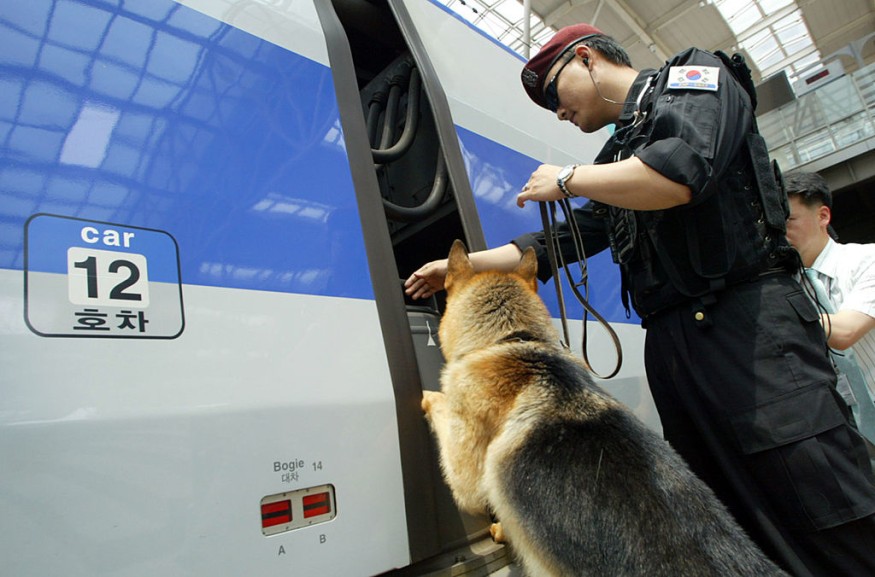
Since the unprecedented COVID-19 epidemic decided to spread itself to the world, traveling has become more of a hassle than a pleasure.
A recent study shared the good news for tourism industry; trained dogs can detect 90% of COVID-19 cases whether with symptoms or not, making speedier travel more attainable.
The coronavirus widespread has caused unimaginable effects globally and drastically affected the economy, especially the tourism sector. The government in every country calls for extra precautions and safety measures especially in public revenues and monitoring entry points in airports, train stations, sporting venues and workplaces.
Large quantity of people has to be screened rapidly every day causing significant delays and inconvenience in travel, and the current testing methods are not speeding things up.
While several other studies have provided evidence of dogs' ability to detect respiratory viruses such as Severe Acute Respiratory Syndrome Coronavirus 2 (SARS-CoV-2) itself, researchers from the London School of Tropical Medicine aimed to discover if dogs, when trained, can detect specific pathogens in individuals using distinct odor signatures.
Bio-detection Dogs to Help Expedite Mass Screening
Using trained dogs to identify people infected with SARS-CoV-2 through their sense of smell might just expedite the whole process of mass screening and testing. Their remarkable olfactory capabilities will be used as a tool to recognize someone who is COVID positive with or without prevailing symptoms.
The researchers collected samples of clothing and face masks from 200 infected people and 200 uninfected participants for the dogs to examine. The reward system was made carefully not to confuse the dogs of bio-detection, making them fully understand that rewards in form of treats are only given when 'correct positive' and 'correct negative' were detected. Results show that dogs successfully identify between 94% and 82% of SARS-CoV-2 samples.
Finally, researchers assessed the effectivity of success rate when associated with traditional Polymerase Chain Reaction PCR tests. They found out that trained dogs were able to distinguish odor between asymptomatic and uninfected individuals with a high degree of accuracy. 91% of COVID-19 cases in airports and terminals were detected even without the symptoms - 2.24 times lower rate of transmission than using PCR tests alone.
Also read : Can Dogs Experience Napoleon Complex?
Deployment of a 'Useful, Usable System'
Statistically, a maximum of 35 out of 300 passengers on board are indicated positive by detection of these trained dogs, and only around 3 are expected to test positive in PCR result.
The new study aims to reduce quarantine periods for travelers and unnecessary disruption for many individuals who are not positive with COVID infection. The bio-detection method simply makes the testing process quicker. In fact, their preparatory work indicated that two dogs can examine 300 people in 30 minutes, deserving them the first initial screening task.
Those who were indicated positive through bio-detection will then be tested the complimentary PCR test, which means fewer RT-PCR test are needed and 90% of travelers can continue to attend to their respective journeys and personal businesses with little inconvenience.
© 2026 NatureWorldNews.com All rights reserved. Do not reproduce without permission.





